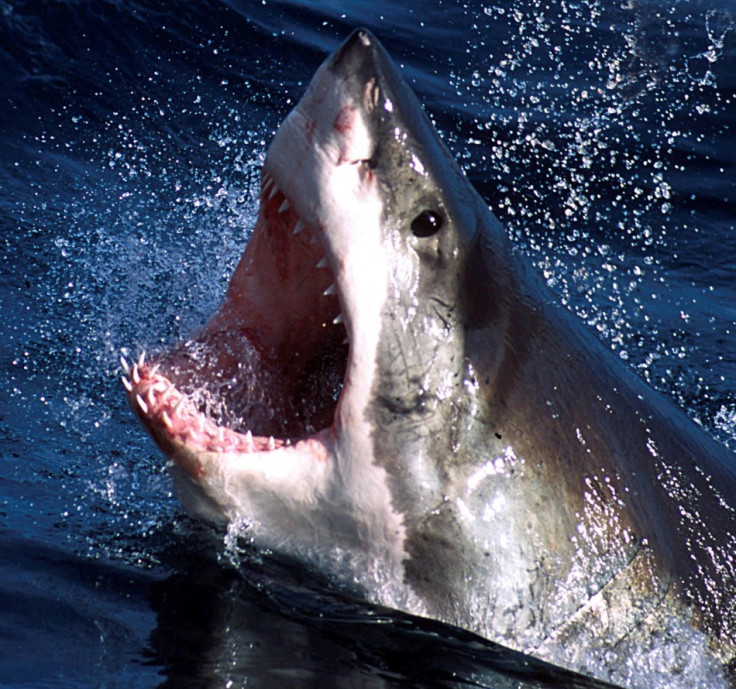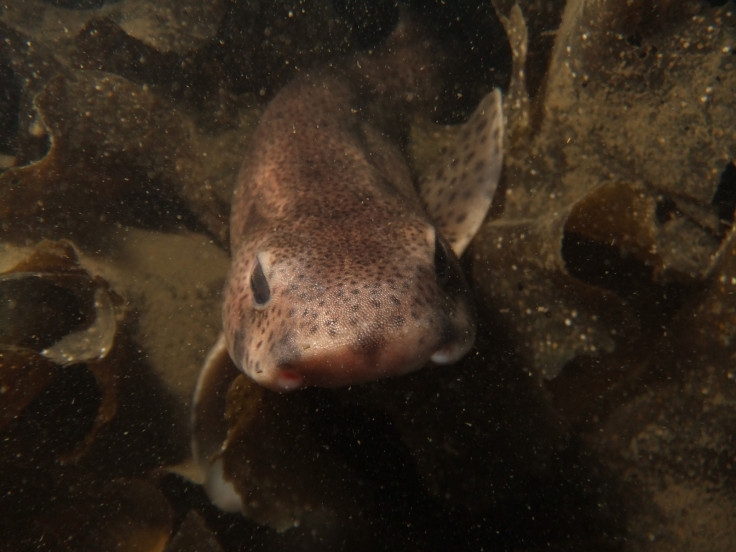Sensitive Jaws: Sharks Have Personalities Too, Study Finds

Sharks have personalities, with some being shy and solitary and others having more outgoing characters, researchers have discovered.
While many animals are known to have individual personalities, the trait has never been identified in sharks before.
Scientists at the University of Exeter and the Marine Biological Association of the UK found that some sharks have gregarious personalities, forming strong social connections, while others are more solitary, preferring to remain inconspicuous.
Published in the journal Behavioural Ecology and Sociobiology, the team looked at the species Scyliorhinus canicula, a type of catshark found throughout the northeast Atlantic and Mediterranean.
Normally, catsharks are found grouped together resting around and on top of one another on the seafloor.
Researchers recorded the social interactions of 10 groups of juvenile catsharks in captivity in three different habitat types, all of which differed in their level of structural complexity. Findings showed individual sharks possessed social personalities that indicated how they might behave with group members in the wild.

David Jacoby, a behavioural ecologist at the Institute of Zoology, London, said: "We found that even though the sizes of the groups forming changed, socially well-connected individuals remained well-connected under each new habitat. In other words, their social network positions were repeated through time and across different habitats.
"These results were driven by different social preferences (i.e. social/antisocial individuals) that appeared to reflect different strategies for staying safe. Well-connected individuals formed conspicuous groups, while less social individuals tended to camouflage alone, matching their skin colour with the colour of the gravel substrate in the bottom of the tank."
Darren Croft, from the University of Exeter, said that in the wild small juvenile catsharks make easy prey for larger fish, meaning anti-predator strategies are likely to have evolved, and that personalities may have developed as a result.
"We define personality as a repeatable behaviour across time and contexts. What is interesting is that these behaviours differ consistently among individuals. This study shows, for the first time, that individual sharks possess social personalities."
© Copyright IBTimes 2025. All rights reserved.






















